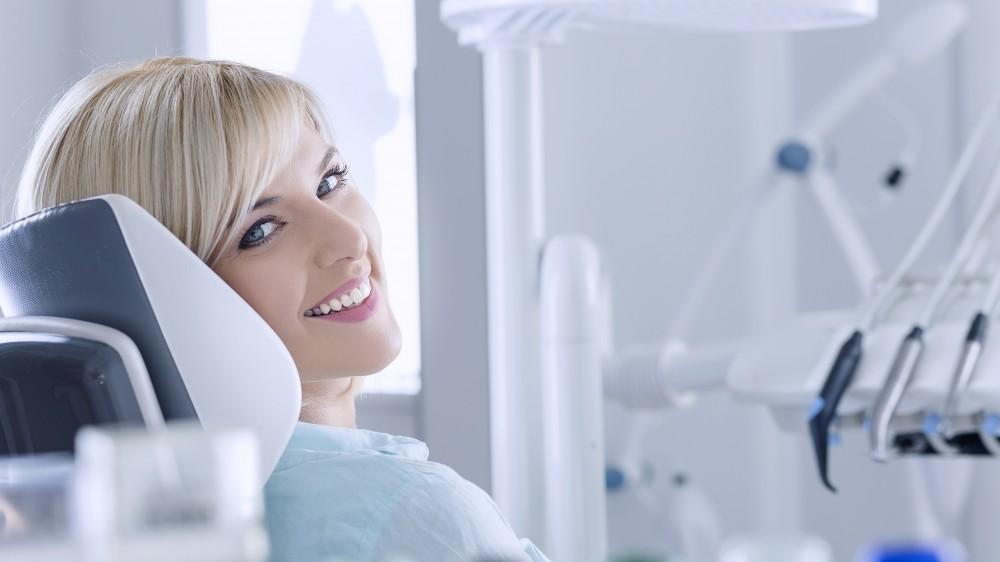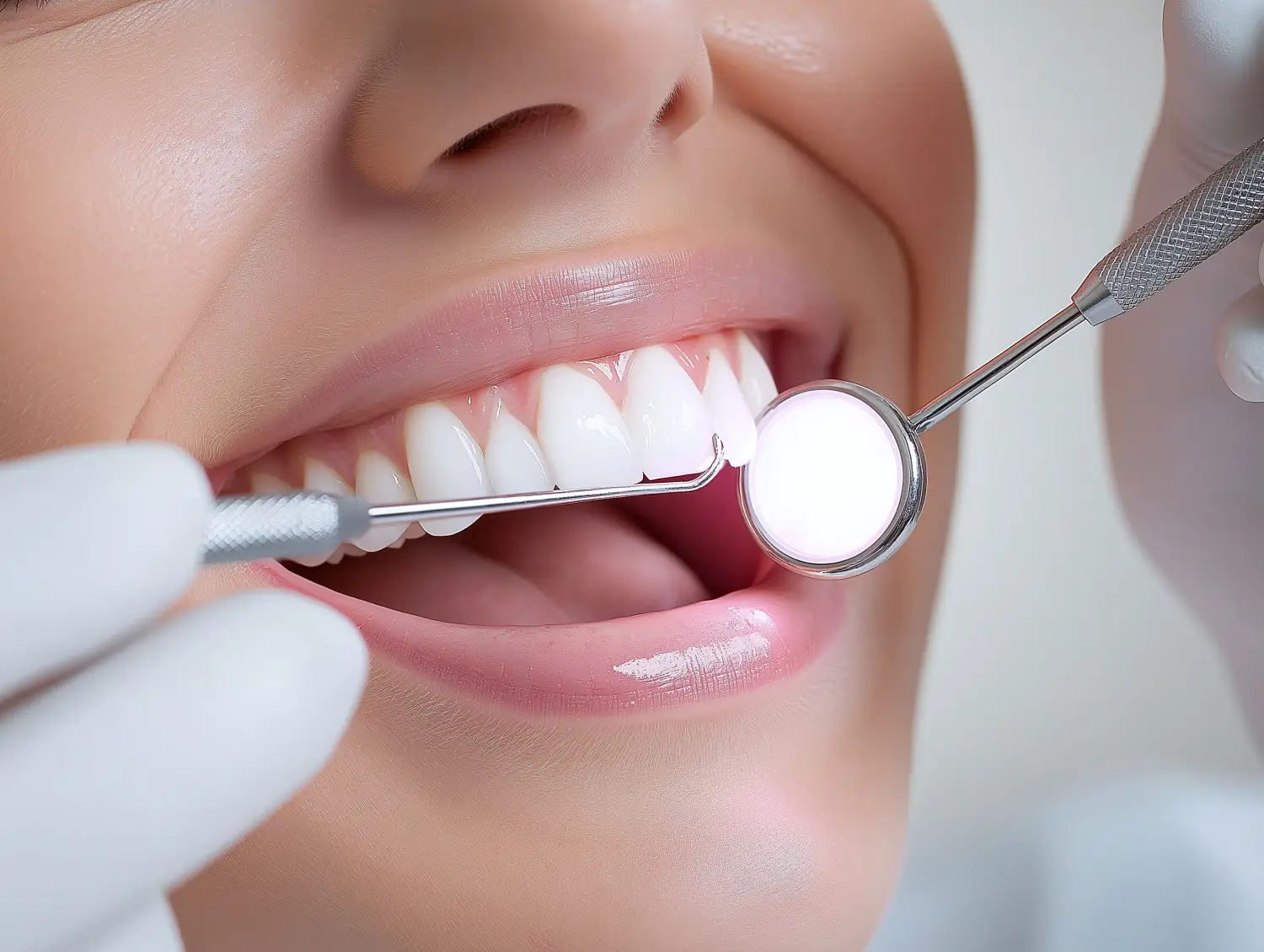
Teeth Cleaning Aftercare Tips
Professional teeth cleanings are one of the best and easiest ways to maintain your oral health. Apart from the benefits of the procedure itself, it allows a dentist near you to conduct a thorough examination of your oral cavity. This can help detect issues such as tooth decay, gum disease and even oral cancer at very early stages, which makes treatment less complicated. There is a lot to be said about the benefits of undergoing teeth cleanings in Orlando but, in this article, you will learn about what you may experience after the procedure and what steps you should take after leaving the dental clinic near you.
Why do you need a teeth cleaning?
Despite our greatest efforts to maintain clean teeth, it is inevitable for plaque to build up after some time. This happens mostly in areas that are difficult to access with a toothbrush or dental floss. It can also occur when people don’t have good technique when brushing their teeth. Over time, dental plaque hardens and becomes tartar, which is also known as dental calculus. Both of these are detrimental to your oral health, being involved with tooth decay and gum disease which are the leading causes of tooth loss. Also, they cause bad breath. By undergoing a teeth cleaning near you, you will eliminate both plaque and tartar, which will help you improve your oral health.
What happens during a teeth cleaning?
In the first step, a dentist in Orlando will examine your oral cavity, particularly looking for areas where there is more buildup of plaque and tartar to have an idea of how the procedure will play out. Afterward, they will apply some numbing gel on your gums to minimize the discomfort you may feel. Once your gums are numb, your dentist will use an instrument called a scaler to scrape the plaque and tartar that has built up between your teeth and along the gumline.
After all the tartar has been removed, your dentist will use an electric toothbrush and a gritty toothpaste to remove all the plaque that may have been left behind and polish your teeth. This can also help remove some superficial stains and make your teeth whiter. Then, your dentist will conduct an expert flossing session. During this time, your dentist may provide you with some tips on how to improve your flossing technique to prevent the buildup of tartar. Finally, your dentist will apply a fluoride treatment to your teeth for about a minute. This helps re-mineralize the surface of your teeth which prevents tooth decay.
After the procedure
Since you will undergo a fluoride treatment, you shouldn’t eat or drink anything in the next 30 minutes after the procedure. You should also avoid any acidic or hot foods and drinks for the rest of the day since these can affect the efficacy of the fluoride treatment. Stay away from foods with small pieces, such as popcorn since these can become lodged between your teeth or hurt your gums.
Immediately after the procedure, you may experience some mild tooth sensitivity and gum bleeding. However, these symptoms tend to resolve after a couple of hours. If you continue to experience them after a couple of days or if they worsen, you should visit your dentist.
Make sure to brush your teeth and floss correctly to prevent any more plaque and tartar from building up on your teeth. If you are experiencing tooth sensitivity, it is recommended to use a sensitive toothpaste to minimize the symptoms. Finally, don’t forget to schedule an appointment for a dental cleaning in 6 months, since this procedure should be performed twice a year.
Related Posts

Welcome to Orlando Center for Cosmetic Dentistry

Teeth Cleaning Aftercare Tips

What Are Dentures? Everything You Need to Know
%20copy.jpg)
Schedule your visit today
We’re here to help you achieve a healthier, more confident smile with precision care and no pressure. Let’s get you started.
